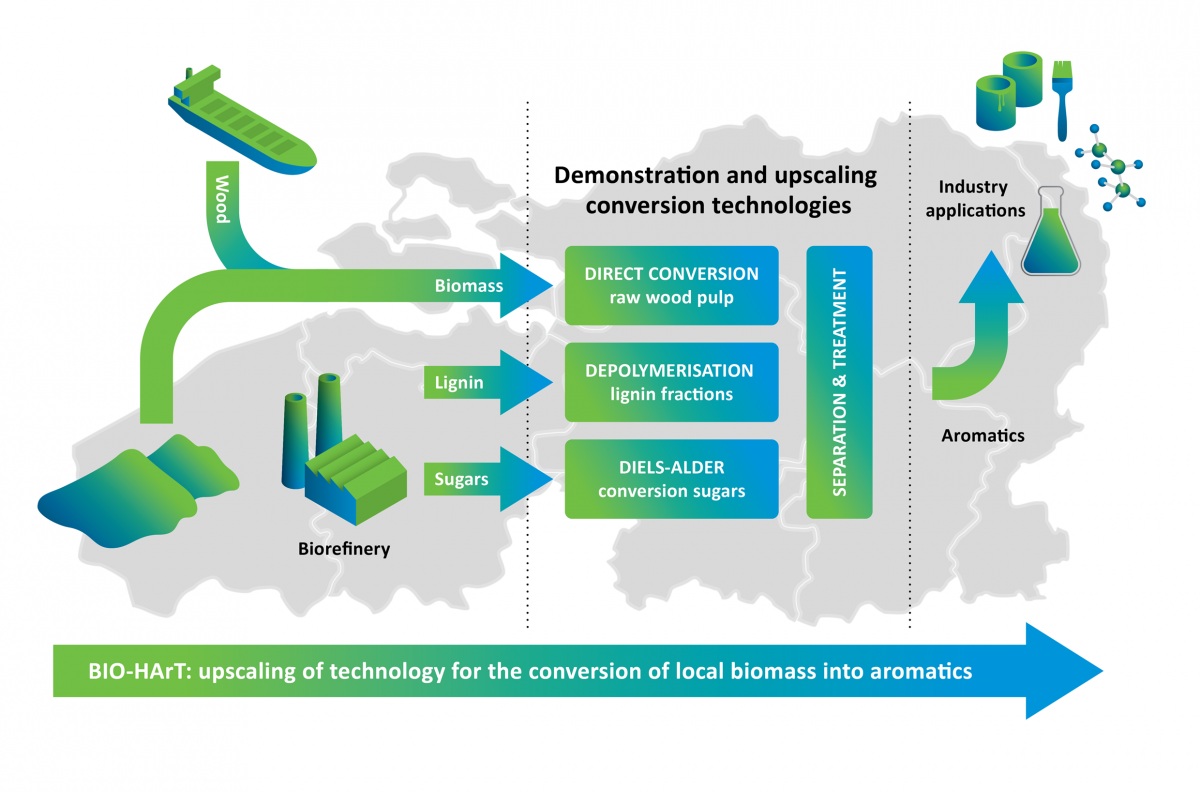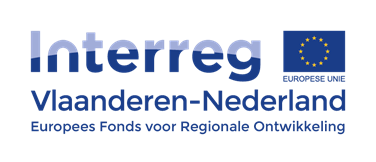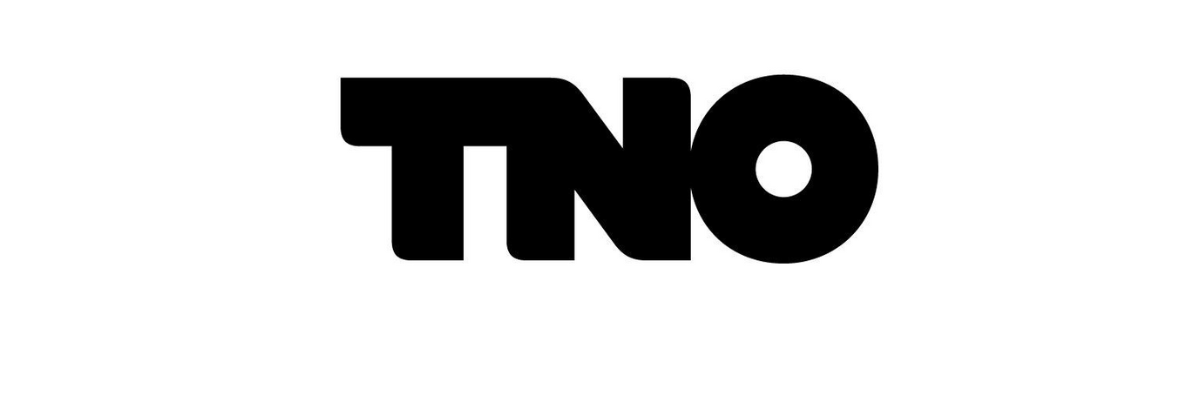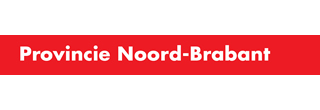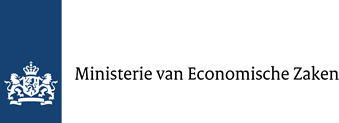News
23-05-2019
Biorizon’s BIO-HArT partners UAntwerp and KU Leuven make anticancer medicines from wood
Recently Biorizon partners UAntwerp and KU Leuven announced that they managed to create anticancer medicines from wood. Congratulations! Part of this success was achieved within Biorizon’s BIO-HArT project that scales up technology for the production of bio-aromatics from biomass, focusing specifically on woody biomass sources.
Below, the press release sent by UAntwerp can be read:
“In the near future fossil raw materials will not be necessary anymore in the production of two important anticancer drugs. An interuniversity team with researchers from UAntwerp and KU Leuven developed a process that starts from … wood.
These days, young people come on the street in order to request politicians for more communication with scientists to come up with new technologies for saving our planet. The quest for alternative energy and carbon sources will play a vital role to protect the environment. Researchers of the University of Antwerp have found a way to make anilines, which are important intermediates for the production of pharmaceuticals, agrochemicals, dyes and polymers, from wood as a renewable carbon feedstock.
Commodity chemicals
“Currently, pharmaceuticals are mainly produced from fossil raw materials, obtained in petroleum refineries”, explains chemistry professor Bert Maes (UAntwerp).“ Medicines are typically complex organic molecules which have to be made in multiple steps from very simple raw materials, so called commodity chemicals, themselves coming from crude oil. However, oil reserves are limited and with the current rate of exploitation we will be running out of proven oil resources in around 50 years!”
“Moreover, fossil-based industry is an important source of greenhouse gas emissions. Therefore we need new and renewable carbon resources to feed the chemical industry of the future to fulfill needs of the next generations. Wood is such an attractive renewable resource, but completely new technologies are required to transform it into commodity chemicals in a sustainable manner.”
Industrial implementation
Professor Bert Maes and his group developed a process towards pharmaceuticals starting from “lignin oil”, which is obtained from wood by a method developed in the research group of Professor Bert Sels from KU Leuven. Antwerp researchers have now shown that important anticancer drugs Gefitinib and Erlotinib (used for the chemotherapy of lung, breast and other cancers) can be made from this biobased raw material in a more efficient way than from the fossil counterpart.
An important step in this transformation is the process for conversion of a lignin oil constituent 4-propyl guaiacol into a reactive intermediate (a ketone), which can further be converted into aniline derivatives. This process was developed in the framework of the BIO-HArT project.
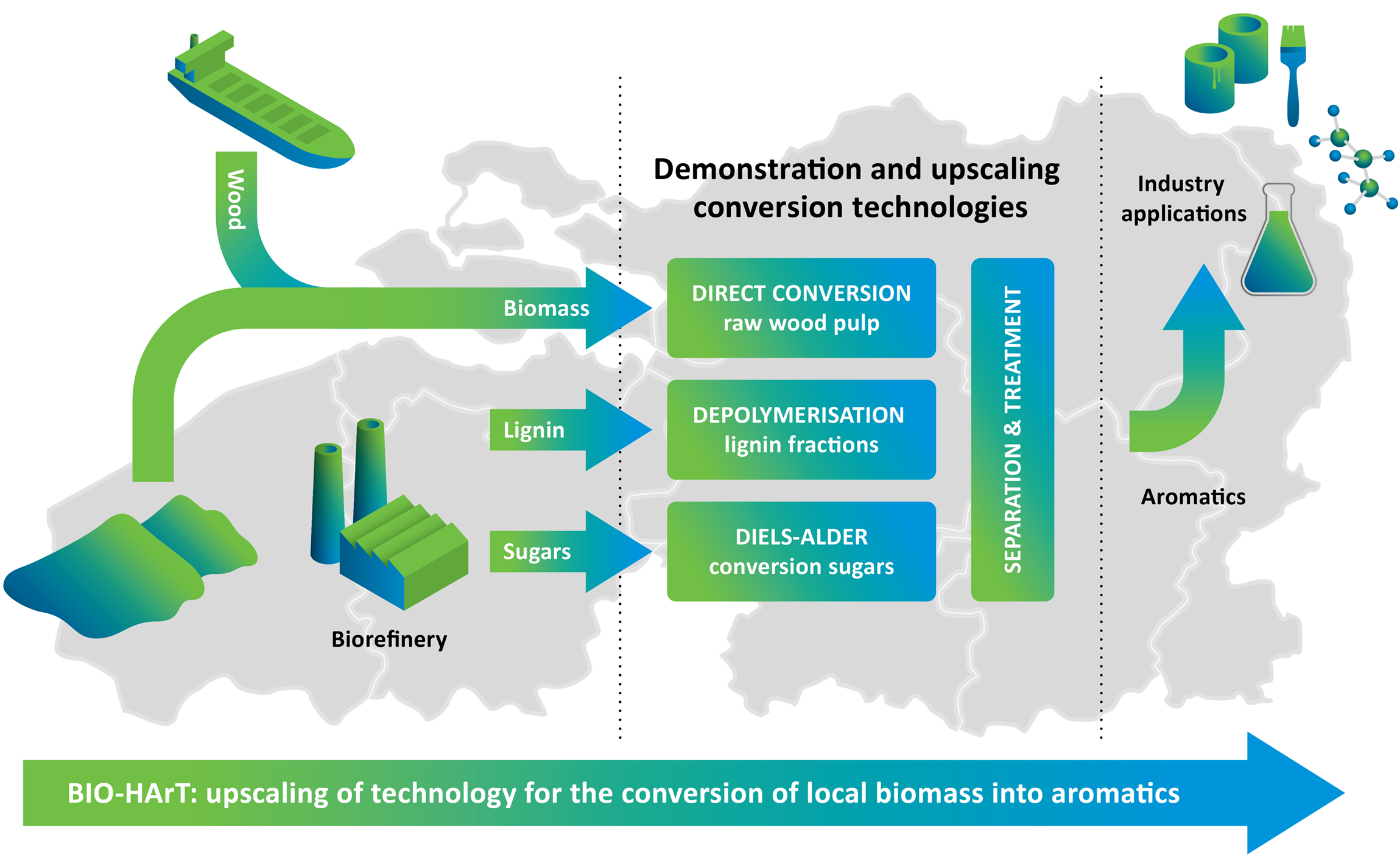
“Our colleagues from KU Leuven are currently working on increasing the production scale of lignin oil to hundreds of kilograms and more, which will open the way to industrial implementation”, says Dr. Sergey Sergeyev, Research and Innovation Manager. “Currently, we are looking into making other important pharmaceuticals from wood. Our results pave the way to a fundamental shift of fossil towards renewable carbon resources for the production of pharmaceuticals.”
The interuniversity team’s findings are being published in the journal ACS Sustainable Chemistry & Engineering from the American Chemical Society and appear on the cover of the journal.”
More information
For more information on this research please contact Prof. Bert Maes (UAntwerp): bert.maes@uantwerpen.be and +32 3 265 32 05."
Interreg
Part of this research was conducted within Biorizon's BIO-HArT project. This is established by a contribution of the European Interreg V Flanders-The Netherlands program that stimulates innovation, sustainable energy, a healthy environment and the labor market by means of cross-border projects. 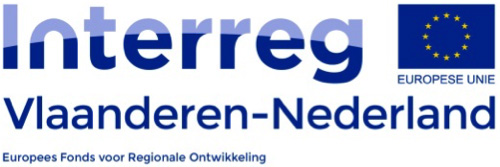



More information
If you want to know more about (participating in) the BIO-HArT-project or Biorizon, please contact Nadine Wennersbusch via nadine.wennersbusch@tno.nl or +31 (0)88 866 63 71.
